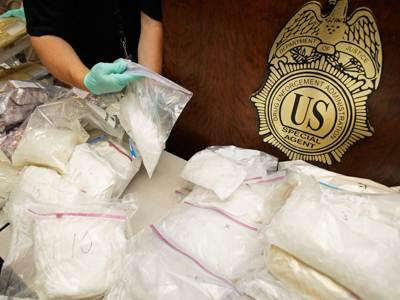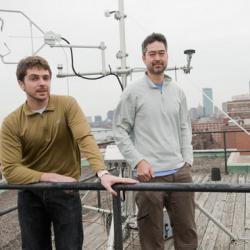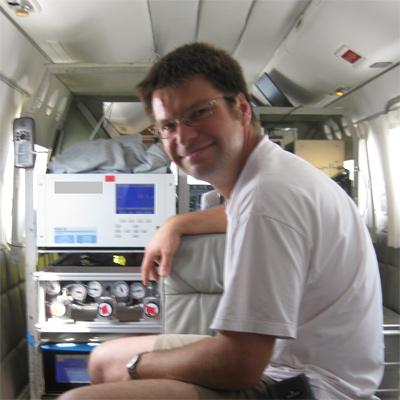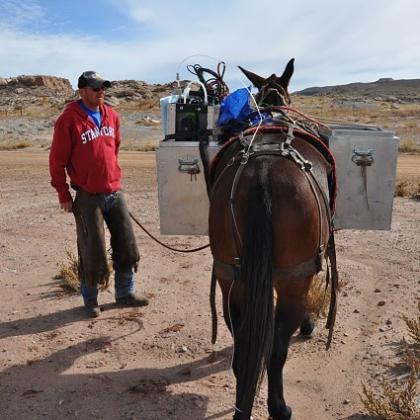Stable isotopes and the police
When isotopes are mentioned in the same breath as law enforcement, the first thought that comes to mind is likely an atomic weapons-based attack using radioactive isotopes and what security forces can do to prevent it. That’s certainly the most publicized association between these words.




